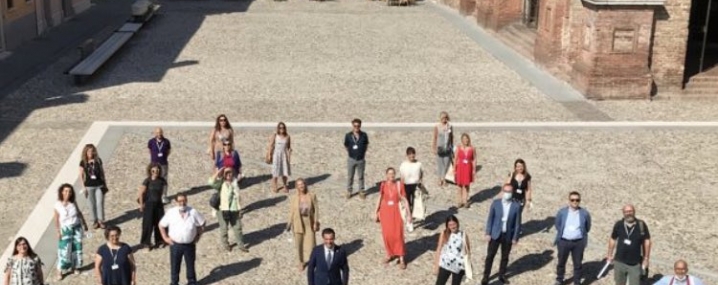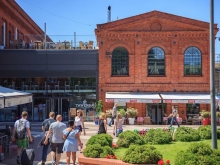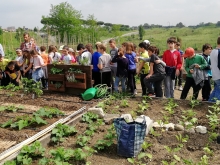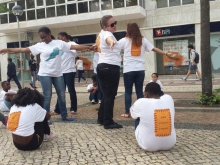Italy
Currently we can distinguish:
1. Two new strategic programs on Urban Policies;
2. Urban Policies that already represent real regeneration actions on the territory.
In the first group we can mention:
“PON Città Metropolitane.” In Italy around 30% of population lives in 10 metropolitan cities (Bari, Bologna, Florence, Genoa, Milan, Naples, Rome, Reggio Calabria, Turin and Venice): only 7 of them have more than 1 million inhabitants. It’s a new model of urban governance in medium and big-sized cities.
Policies aimed at:
- Environmental Improvement (reducing CO2, energy efficiency, incinerators, landfills pursuant);
- Social Inclusion (particularly aimed at young people; immigration);
- Technological Innovation (broadband).
“Inner Areas” represent a very huge part of Italy and their peculiarities are especially the distance from the big urban areas, the lack of essential services and demographic problems. The national strategy about the Inner Areas is focused on: operations on schools, healthcare, mobility and transports. Strategies that would have a big impact on new agricultural activities, requalification of historical burgs, digital infrastructures, cultural and social projects that show good results in terms of demographic, tourism and production.
In the second group we can mention:
“National Plan for Urban Cities.” Its purpose is to finance some intervention programs directed to the requalification and the regeneration of buildings and urban degraded areas. 28 cities have already been financed, and in particular the aim of the plan is to pay its attention on:
- investments for urban requalification, improving the quality of air and of social inclusion;
- energy efficiency of buildings, improvement of the existing architectural heritage, sustainable mobility and development of green areas;
- social housing;
- citizens take part in the decision process (bottom-up principle).
“6,000 Bell towns.” The characteristic of these projects is their ability to move immediately the local economic machine by initiating infrastructural projects of small entity (between 500,000 and 1 million of euros) in cities with no more than 5,000 inhabitants. This allows a territorial requalification and a process of job increasing.
“Italian Cities Network” has the aim to promote the capitalisation and the experience exchanges in the field of integrated urban policies.
The Ministry conducted some activities—for the involvement of adherent cities in urban and national urban plans—and moreover it decided to construct a website which allows member cities to constitute a solid exchanging and learning network and to encourage the adhesion of new members interested in urban topics.
“District Agreements.” They represent the better operative line pursued by the Ministry—conscious of the lack of infrastructures and the degradation of some districts—for the urban recovery.
“National Plan for the Social and Cultural Requalification of Degraded Urban Areas.” Cities will submit requalification projects to reduce the urban blight and the social decline and to improve the quality of cities and welfare. In particular: the reduction of social decline, the improvement of urban design and the quality of social, cultural and environmental aspects. It would point the attention on operations addressed to the promotion of social and educative services and in general cultural and sports activities.
SOME RELATED NETWORKS
JOBTOWN
RetaiLink
SURE
National URBACT Points
National Network of Local Authorities (ANCI)
Contact: Simone d'Antonio
Article
Urban Heritage within URBACT projects
Article
High tech Aveiro’s new Citizen Card makes life easier
Article
Improving children’s education for a sustainable urban future
Article
Opening minds to fight prejudice
Article







